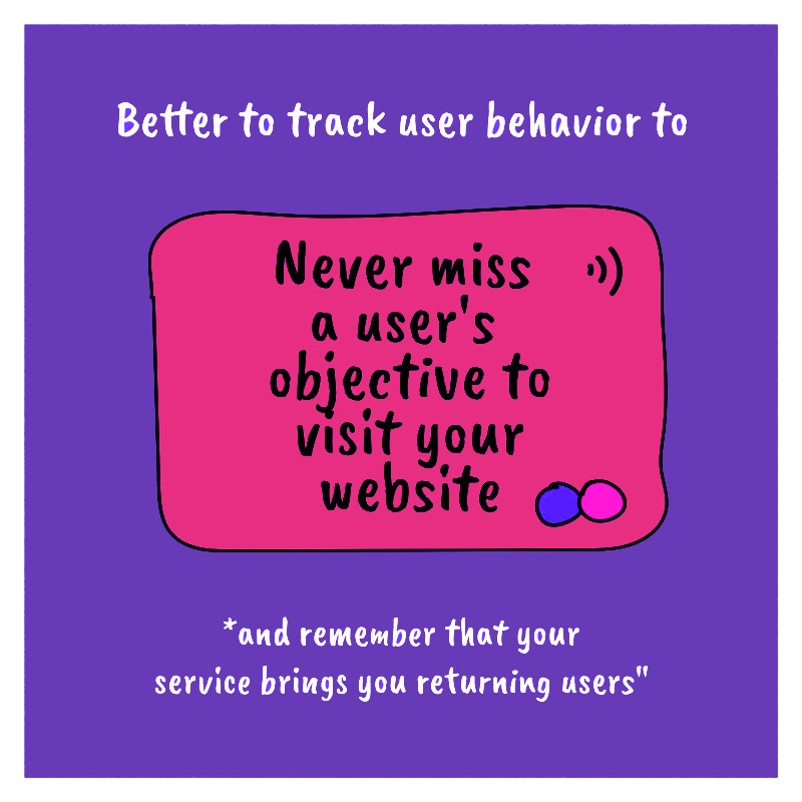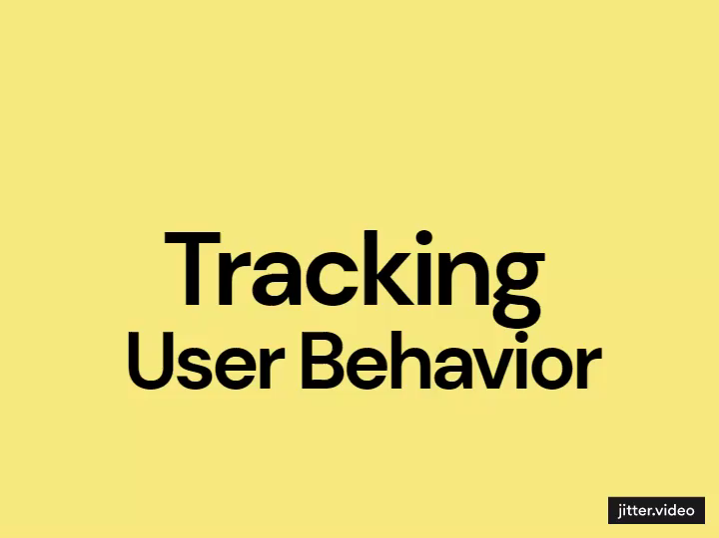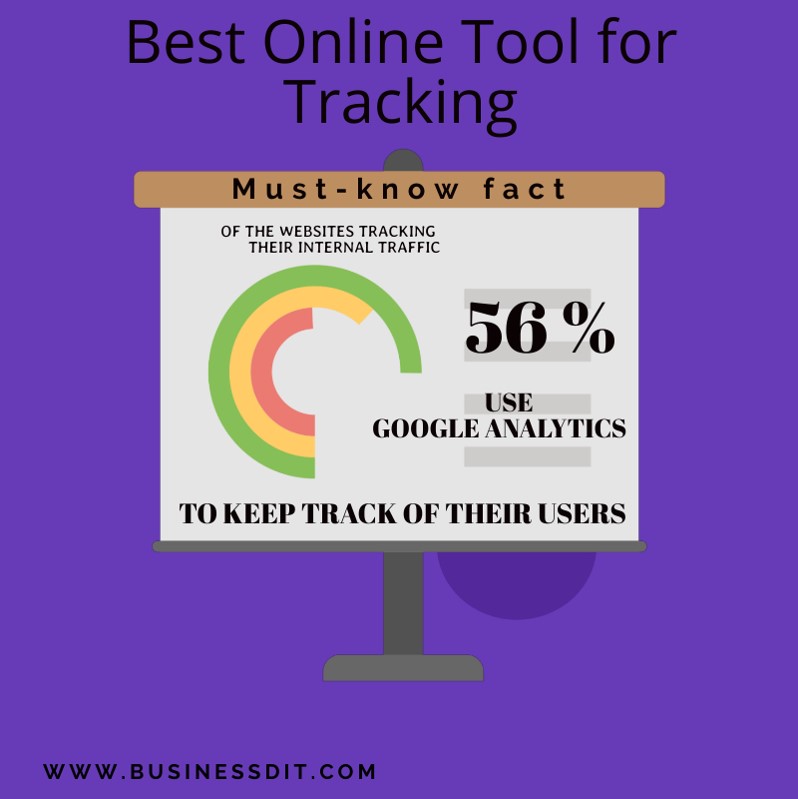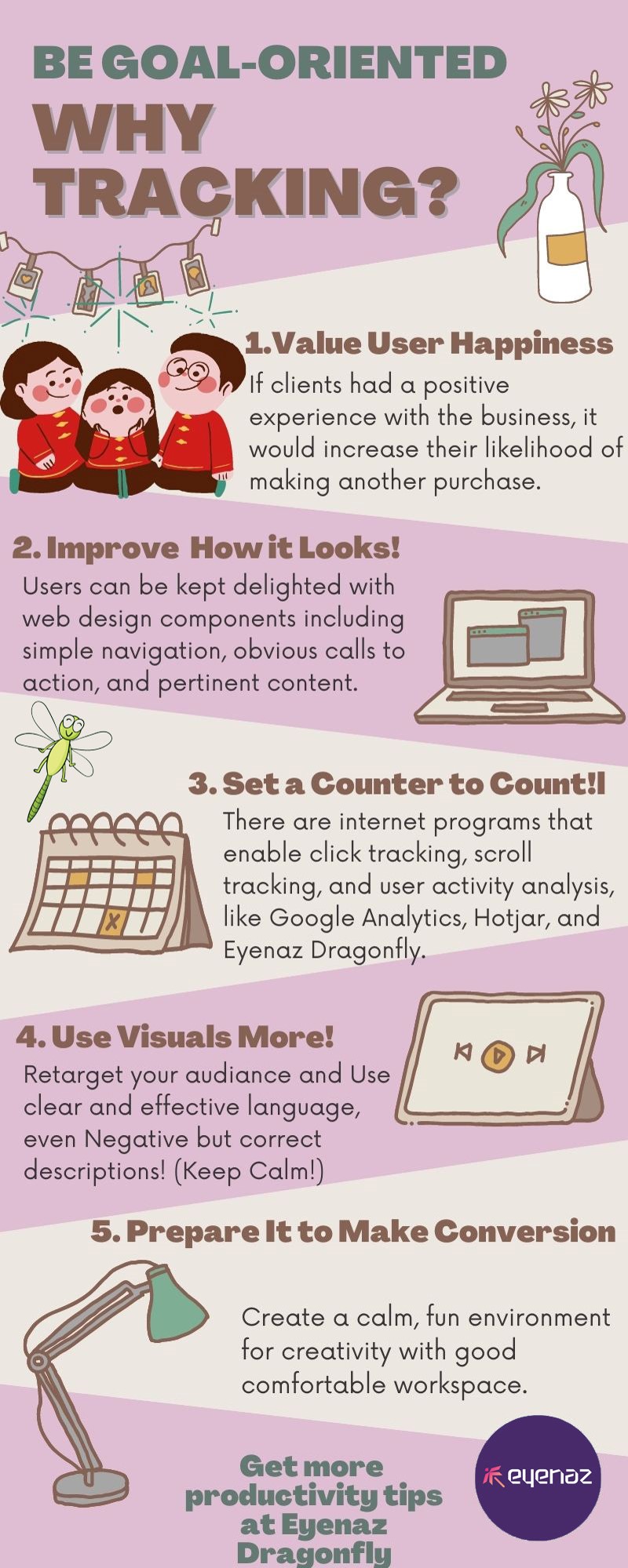
Web analytics from Eyenaz by the give you a thorough picture of your website's stats, allowing you to pinpoint your ideal clients and focus your marketing efforts. Learn how users arrived at your website, when they complete a task on your page, which pages lead to conversions, and other information.

According to the latest data, approximately 55.49% of all websites use Google Analytics.

Internet tracking is a mechanism used by websites to track user behaviors. And it happens more frequently than you may imagine—apparently 79 percent of websites do it.
Tracking metrics like open rate, click-through rate, conversion rate, bounce rate, list growth rate, email sharing/forwarding rate, overall ROI, and delivery rate will help you determine how successful your email marketing campaign was.

- Website design affects user experience in significant ways, such as making customers more likely to purchase products again if they had a good experience with the company.
- Additionally, web design elements such as intuitive navigation, clear calls-to-action, and relevant content can keep users happy.










